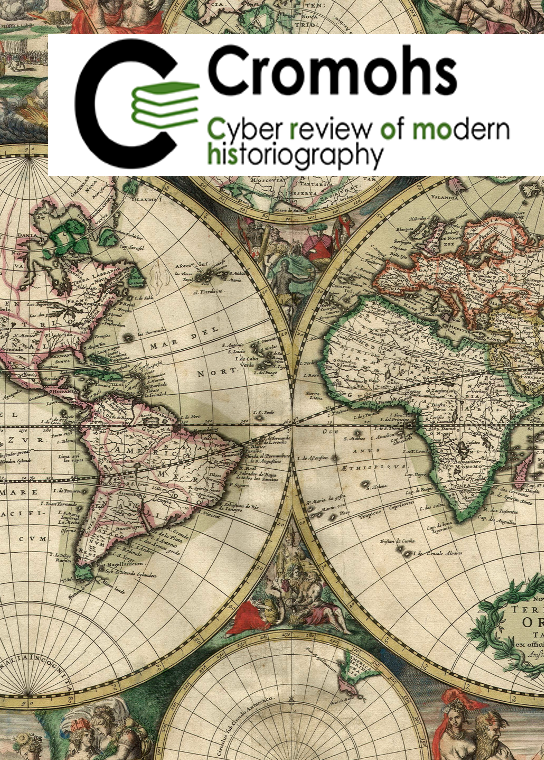Satanic Individualism, Divine Omnipotence and Chaos in John Milton’s Paradise Lost: Post-Restoration Ontology and Politics of Uncertainty
Abstract
If Milton's Satan clearly blooms out seventeenth-century arguments in favor of individualism, freedom of thought and of religious belief that had characterized one side of the political debate before and after the Revolution, Milton's God leaves little space to the individual to express a self-fashioned particularity. And between these two fronts, the complexities of Milton's chaotic narrative tempt the reader to choose either one or the other front. This paper has, nevertheless, argued in favor of an alternative stance, one in which Milton endeavors to accommodate the two irreconcilable models in the hubbub of his Chaos. To view his Chaos as good, evil or neutral means, in an extended sense, to force it and Milton's narrative and social conception into a fixed mode, to take sides in the "endless warrs" between the Satanic and the Divine fronts. The narrative of Milton's Paradise Lost is a realm of indeterminacy which elicits from the reader a choice of some kind. The theological and political conundrum of Milton's chaos is not to be resolved, but appreciated in its mutable complexity.


